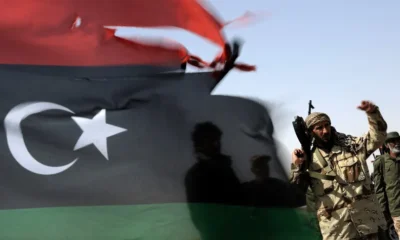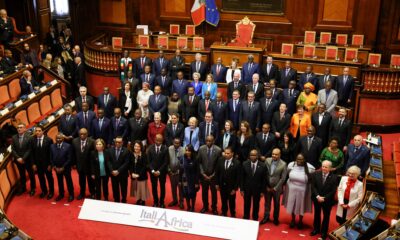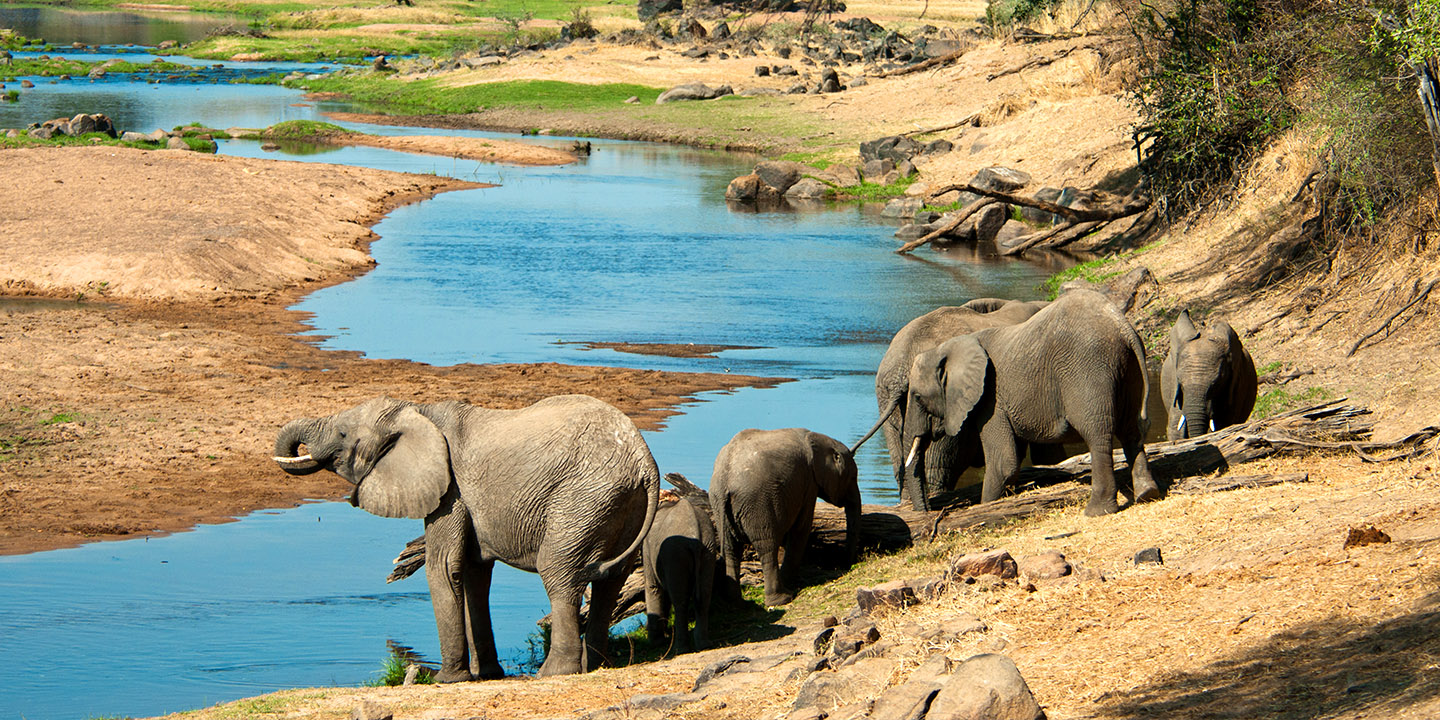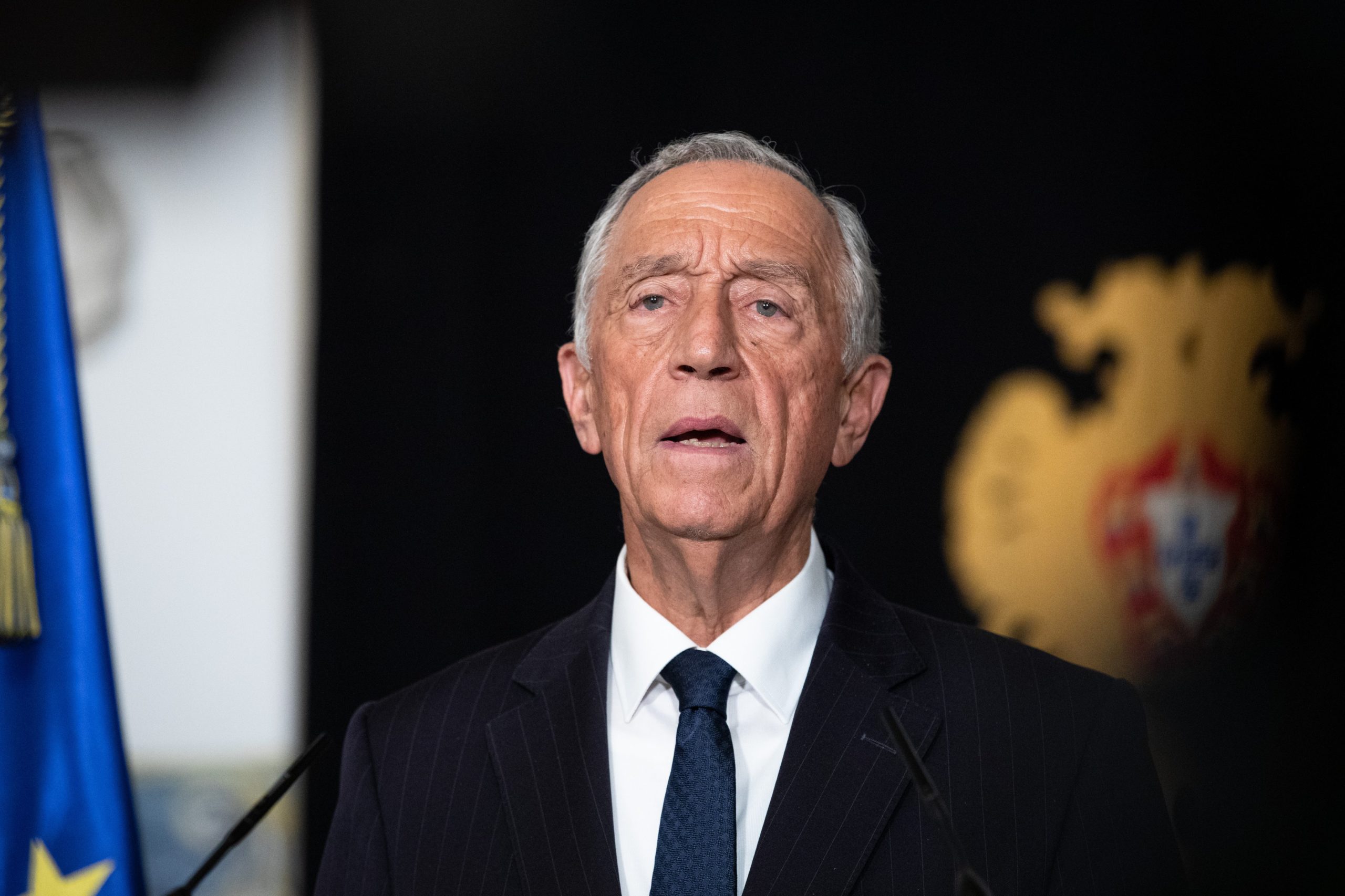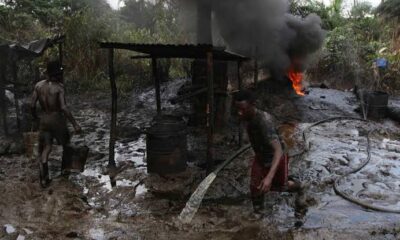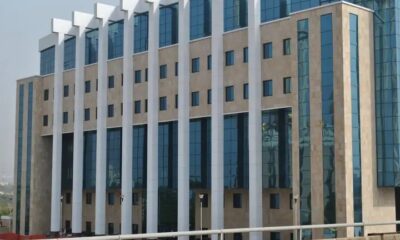Following recent conversations around reparations to countries with colonial heritage, Portuguese President, Marcelo Rebelo de Sousa, has added his voice to the argument that his country was responsible for crimes committed during the transatlantic slavery and the colonial era and suggested there was a need for reparations.
For over four hundred years, at least 12.5 million Africans were taken hostage, forced to be moved long distances by mostly European ships and merchants, and then sold as slaves.
At a meeting with foreign reporters late Tuesday night, Rebelo de Sousa said that Portugal “takes full responsibility” for the wrongs done in the past and that those wrongs, such as the killings of colonists, had “costs.”
“We have to pay the costs,” he said. “Are there actions that were not punished and those responsible were not arrested? Are there goods that were looted and not returned? Let’s see how we can repair this.”
Those who made it through the trip worked on farms in the Americas, mostly in Brazil and the Caribbean, while others made money off of their work. More than any other European country, Portugal traded almost 6 million Africans. The country has not done much to face its past, and schools don’t teach much about its part in transatlantic slavery.
More and more African and Caribbean countries want to set up a group to deal with making up for crimes that happened during the transatlantic slave trade. Payments of money or other forms of getting things right could be part of reparations.
Last week, United Nations High Commissioner for Human Rights Volker Turk said in an address at the closing of the four-day U.N. Permanent Forum on People of African Descent (PFPAD), called on countries to take real steps toward reparations for people of African descent. He appealed while adding his voice to calls for justice for the horrible crimes committed during slavery.
Last year, Rebelo de Sousa said that Portugal should say sorry for transatlantic slavery and colonialism, but he didn’t say sorry in full. He said on Tuesday that it was more important to own up to the past and take responsibility for it than to say sorry.
“Apologising is the easy part,” he said.
The United Kingdom, Japan, France, Germany, Italy, Portugal, the Netherlands, Denmark, Spain, and the United States of America were among the eleven countries that colonized more than 90% of the world’s 193 countries.
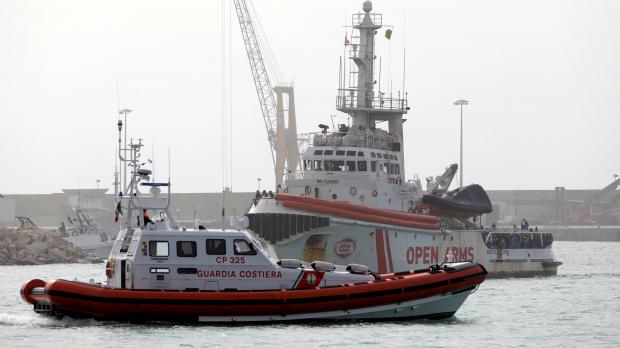

 Culture2 days ago
Culture2 days ago
 Tech2 days ago
Tech2 days ago
 Sports18 hours ago
Sports18 hours ago
 Metro20 hours ago
Metro20 hours ago

